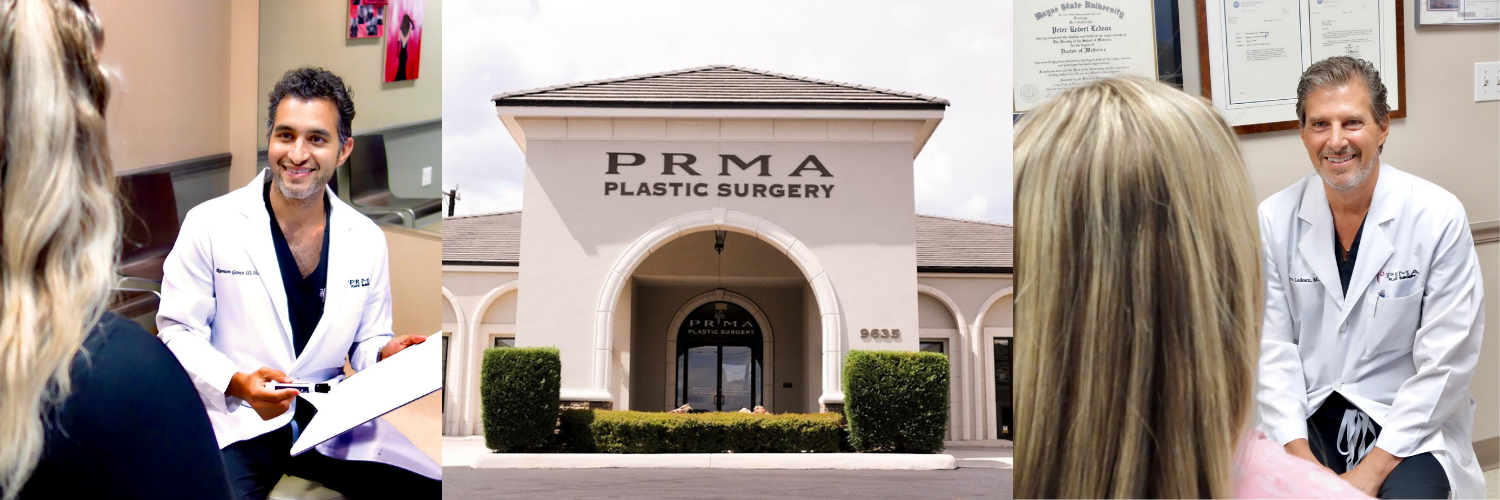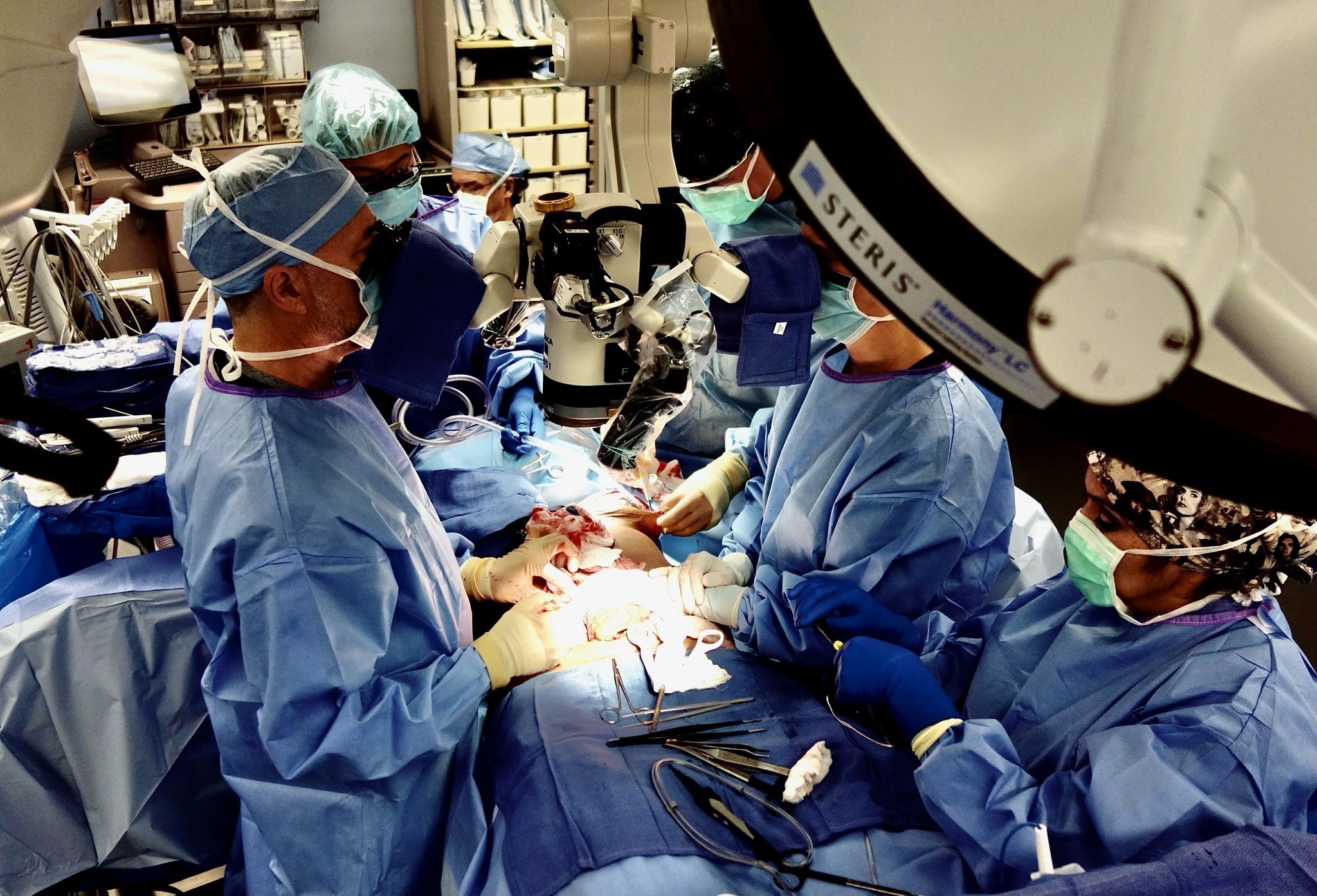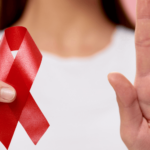
When you’re diagnosed with breast cancer, it’s normal to experience a range of emotions at different points during your treatment and recovery. You may be surprised and overwhelmed at first and then become terrified or angry. It’s common to have both good and bad emotions during this process.
There are a variety of ways people cope with these feelings. Some women seek out reliable information and feel better after learning as much as they can about their condition. Others find that journaling, blogging, or joining a support group is beneficial.
The Impact Of Breast Cancer On Your Psychological Well-Being
Receiving a breast cancer diagnosis might be one of the most traumatic moments a woman can go through. Women may also be unsure about where to seek assistance.
Even after the first shock of a diagnosis has passed, distress is common. As women embark on what is frequently a long treatment regimen, they may encounter additional issues:
- Personal connections are in disarray
- Exhausted and tired all of the time
- Concerned about their symptoms and treatment
- May face discrimination from those around them.
All of these factors can contribute to stress, anxiety, fear, and depression.
How To Cope After You Are Diagnosed With Breast Cancer?
- Recognize and accept your emotions: Talk to a healthcare professional, licensed counselor, trusted friend, or other survivors about your concerns.
- Use mindfulness and meditation to help you relax: Anxiety, worry, and fear can all be reduced by being aware and present in the moment.
- Recognize important indicators: Ask your doctor for a list of symptoms to report to him/her, such as new lumps, bleeding, or pain.
- Maintain a healthy and balanced lifestyle: Ensure you are getting adequate exercise, sleeping at least 8 hours per day, and eating a healthy diet.
- Join a support group: Knowing other cancer survivors will make you feel less alone as you understand how they are dealing with similar concerns.
If you or a loved one may be suffering from depression, it is important to seek professional help. In this journey through breast cancer, you are not alone. Keep a cheerful attitude, ask for help if you need it, and know your breast cancer sisters are rooting for you.
It is a great honor to be part of a team with such a rich tradition of excellent patient care, shares Dr. Andrew Gassman, the newest surgeon to join the PRMA team. Years and years of procedure fine tuning with individualized care means our patients truly benefit from both efficiency and experience.
Leave Comment












No Comments